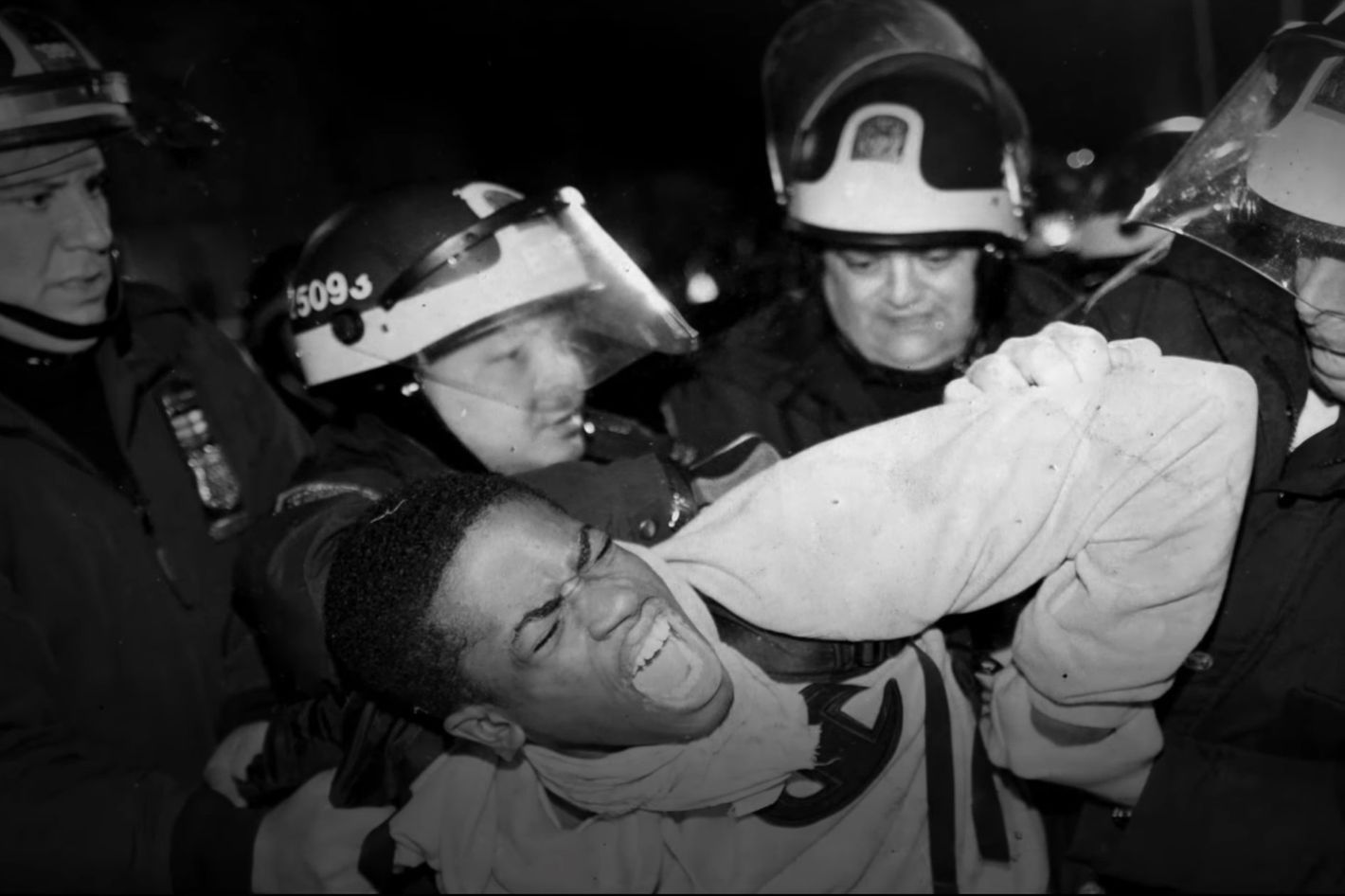

13th is a film to see, to see again, and to study for years to come. In fact, her 13th’s urgency comes from not only its timeliness in the era of ‘Black Lives Matter’, but also from its unambiguous timelessness. She instead reaches for a long-lasting visual documentation of history. She quickly proves she has no interest in showing the audience a slice of history in an easily digestible, palatable and perishable manner.

That richness is at once a blessing that makes each moment of the film just as crucial as the one that came before it, and a testament to the sharpness of DuVernay as a documentarian. This is not just a shocking, gut-punching stat, but also a clever entry into DuVernay’s documentary a monumental construct of the history of mass incarceration in The United States, and the institution of racism which keeps reinventing itself in various shapes and forms throughout time, within society and the ranks of Government.ġ3th is astutely complex, overwhelmingly fast and unforgiving in its amount of wall-to-wall stats. He articulates, with sober and vital perseverance (which is also the unwavering attitude of 13th throughout), that while America makes up only 5% of planet earth’s population, 25% of the world’s prisoners (nearly 2.3 million of them) reside within our prison complexes. Ava DuVernay’s 13th is Powerful and Timely Angry and urgent, DuVernay’s unflinching study of the mass incarceration of Black people in the US is one of this year’s timeliest films.Īva DuVernay’s engrossing, rightfully angry and unmistakably urgent 13th –which world-premieres at The 54th New York Film Festival tonight as the first documentary to ever open this prestigious Fall event– starts with the voiceover of President Barack Obama, urging all of us to look at our prison statistics.


 0 kommentar(er)
0 kommentar(er)
